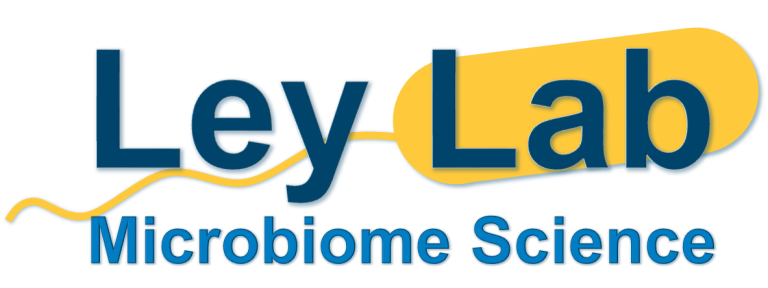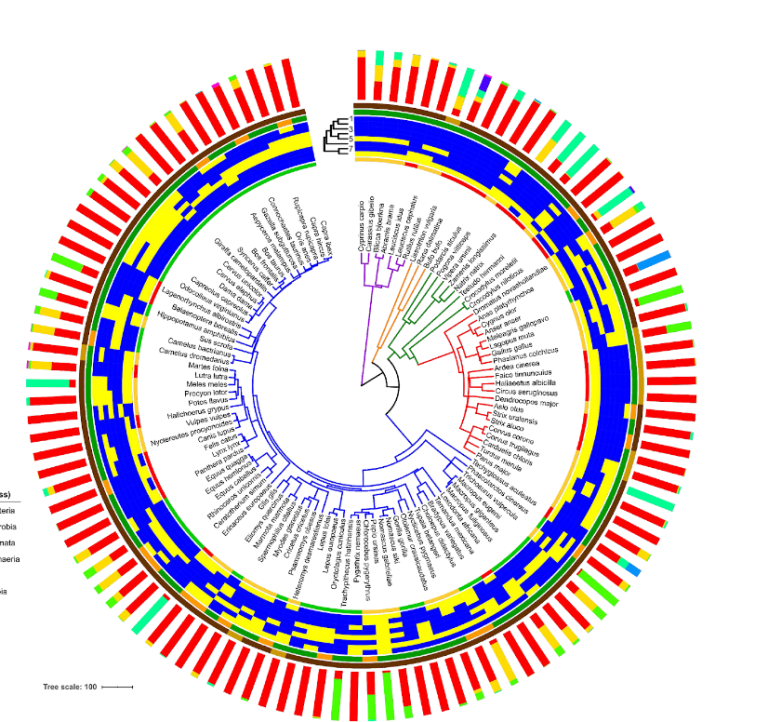https://www.biorxiv.org/content/10.1101/2020.11.10.376293v1
The Archaea remain more mysterious than the Bacteria as they are comparatively under-studied. This is changing thanks for next generation sequencing. However, little is known about archaeal communities associated with vertebrates, especially due to strong Bacteria-biases of standard “universal” 16S rRNA primers commonly used in diversity analyses. Here, Nick and colleagues used Archaea-targeting 16S rRNA gene primers to survey archaeal diversity across the largest collection of wild animal fecal/gut samples yet assembled (185 samples from 110 host species spanning 5 vertebrate classes).
This work revealed that specific methanogens are predicted to be present in last common ancestor of mammals. A strong influence of host phylogeny is evident for gut archaeal diversity and co-phylogeny is apparent for Archaea and mammalian herbivores. Furthermore, Methanothermobacter (until now “environment only”) strongly associates with birds and body temperature (birds tend to have higher body temperatures than mammals). Finally, bringing in bacterial diversity data showed that Interactions with bacteria are weak predictors of archaeal diversity.
These findings substantially expand on the ecology and evolution of Archaea-host interactions. We expand the diversity of host-associated Archaea, and highlight vertebrate clades where specific Archaea co-diversified with their hosts. Our data support that specific methanogens were present in the last common ancestor of mammals, deepening our understanding of the evolutionary history of these groups.


